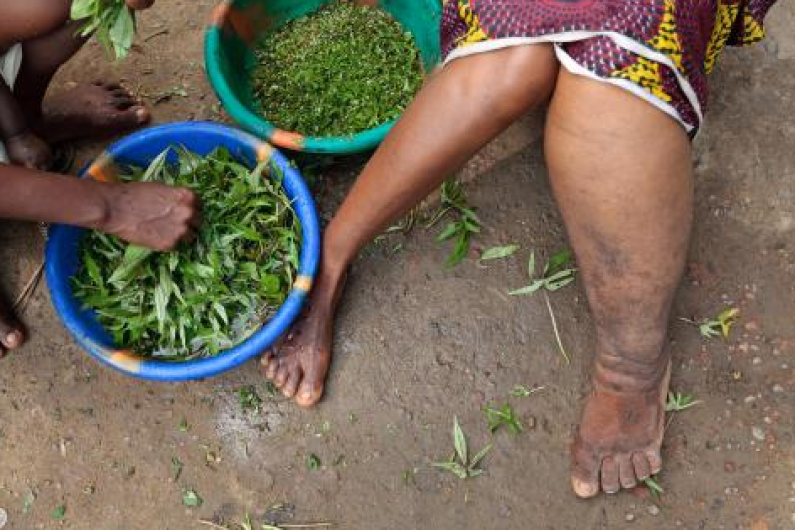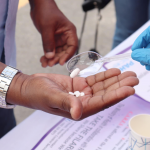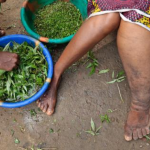
The Ministry of Public Health will be working to eliminate Lymphatic Filariasis commonly known as Filaria or ‘big foot’ in Guyana by 2022.
Over the next week, the ministry, through the Vector Control Services Unit will be conducting a one week training programme for staff of the ministry and from the Ministries of Education and Finance that would prepare participants to manage a decentralized vector control service.
This is in keeping with the National Plan for the Elimination of Lymphatic Filariasis (ELF) as a Public Health problem by the year 2022.
Minister within the Ministry of Public Health, Dr. Karen Cummings, speaking at the opening of the Tool for Integrated Planning and Costing (TIPAC ) workshop, said that through TIPAC there is a better chance at eliminating the Neglected Tropical Disease.
The TIPAC training exercise is being held at the Cara Lodge Suites from January 30 to February 3, 2017
Noting the importance of the training programme, Dr. Cummings said it will allow the participants to acquire new skills, sharpen existing ones, perform better, increase productivity and eventually become better service providers.
“We are experiencing a deep sense of satisfaction and pleasure to see the Vector Control department of the Ministry of Public Health taking the lead in taking definite steps and ensuring that they build capacity through training of its participants in the proper use of the tool for integrated planning and costing TIPAC,” the minister noted.
Selected and trained pill distributors from various regions are involved in sharing educational information on Mass Drug Administration before the exercise commences.

These persons also visit homes and public places to distribute the tablets diethylcarbamazine (DEC) and albendazole to participating communities during the exercise.
The Tool for Integrated Planning and Costing (TIPAC) is innovative software developed by the World Health Organization (WHO) to assist countries in planning for their public health programme activities over a five year period.
The programme also helps users to accurately estimate costs and funding gaps of public health programmes so as to operationalize the plans. It can be used in conjunction with existing national strategic plans and budgets to actively plan and co-ordinate the future programmes of the Vector Control unit.
Once vital information is added, the tool has the capacity to calculate the needs for each region’s programme over the course of five years.
Pan American Health Organisation World Health Organisation (PAHO/WHO) Country Representaive, Dr. William Adu-Krow encourage participants to use it as a stepping stone towards acquiring further. “Please, after learning what goes on here with the tool I will encourage you to sit down again, use this methodology to see whether there are any areas that you can sharpen whatever you did,” Dr. Adu-Krow said.
It has been noted that the exercise in 2016 for the elimination of ‘filaria’ did not achieve full coverage due to the lack of information based awareness and other internal challenges faced by the Vector Control Services Unit.
Maria De Jesus, PAHO/WHO Advisor on Neglected Infectious Diseases, told participants that a lot of work still remains to be done.
The upcoming MDA is expected to be a more effective exercise since the TIPAC programme will detail and outline all necessary elements needed to ensure that sufficient coverage is achieved annually in the prevention and elimination of Lymphatic Filariasis. (GINA)

















You must be logged in to post a comment Login